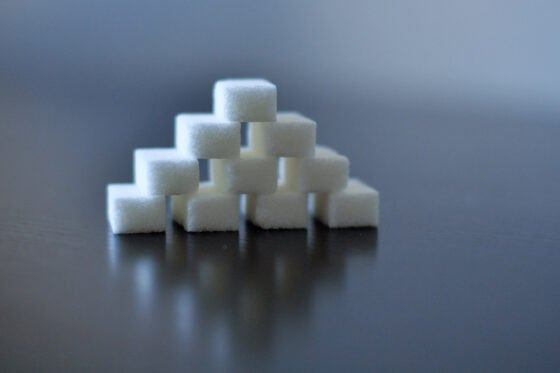
Too much sugar consumption is bad for your health. But replacing it with sweeteners may also be linked to an increased risk of cancer, says a large study published Thursday August 31th.
Given the harmful effects of excessive sugar consumption (caries, weight gain, cardiometabolic disorders, etc.), the WHO recommends limiting sugar consumption to less than 10% of daily energy intake.
Sweeteners (such as aspartame, acesulfame-K or sucralose) reduce the added sugar content and associated calories, while preserving the sweet taste of the products. But the safety of these food additives is the subject of much debate.
To assess the risks of their consumption, researchers from Inserm, INRAE, Sorbonne Paris Nord University and Cnam, within the Food Epidemiology (EREN) research team, analyzed the health and sweetener consumption data of 102,865 French adults who participated in the NutriNet-Santé cohort. study.
These adults have been followed by some since 2009 and have regularly completed questionnaires about their diet, including the names and brands of the products consumed. After collecting information on cancer diagnosis during follow-up (2009-2021), statistical analyzes examined the associations between sweetener consumption and cancer risk.
According to the results of the study, published Thursday in the journal PLOS Medicine, people who consumed the most sweeteners, especially aspartame and acesulfame-K, had a higher risk of developing cancer.
“In this study, the heaviest drinkers, above the median drinker, had a 13% increased risk of cancer compared to non-drinkers.”
dr. Mathilde Touvier, research director at Inserm.
Among these cancers, higher risks were observed for breast cancer and those related to obesity. Until now, studies had suggested that the consumption of sugary drinks could promote cancer development. But no one had looked specifically at the effects of sweeteners.
The volunteers provided their own medical histories, socio-demographics, physical activities, as well as indications about their lifestyle and health status. †We cannot completely rule out consumer lifestyle biases, but by considering multiple factors, it has been possible to mitigate these prejudices,” explains Charlotte Debras, lead author of the study. “Further studies in other large-scale cohorts will be needed to replicate and confirm these results”she adds.
A disappointing study.
(AFP)